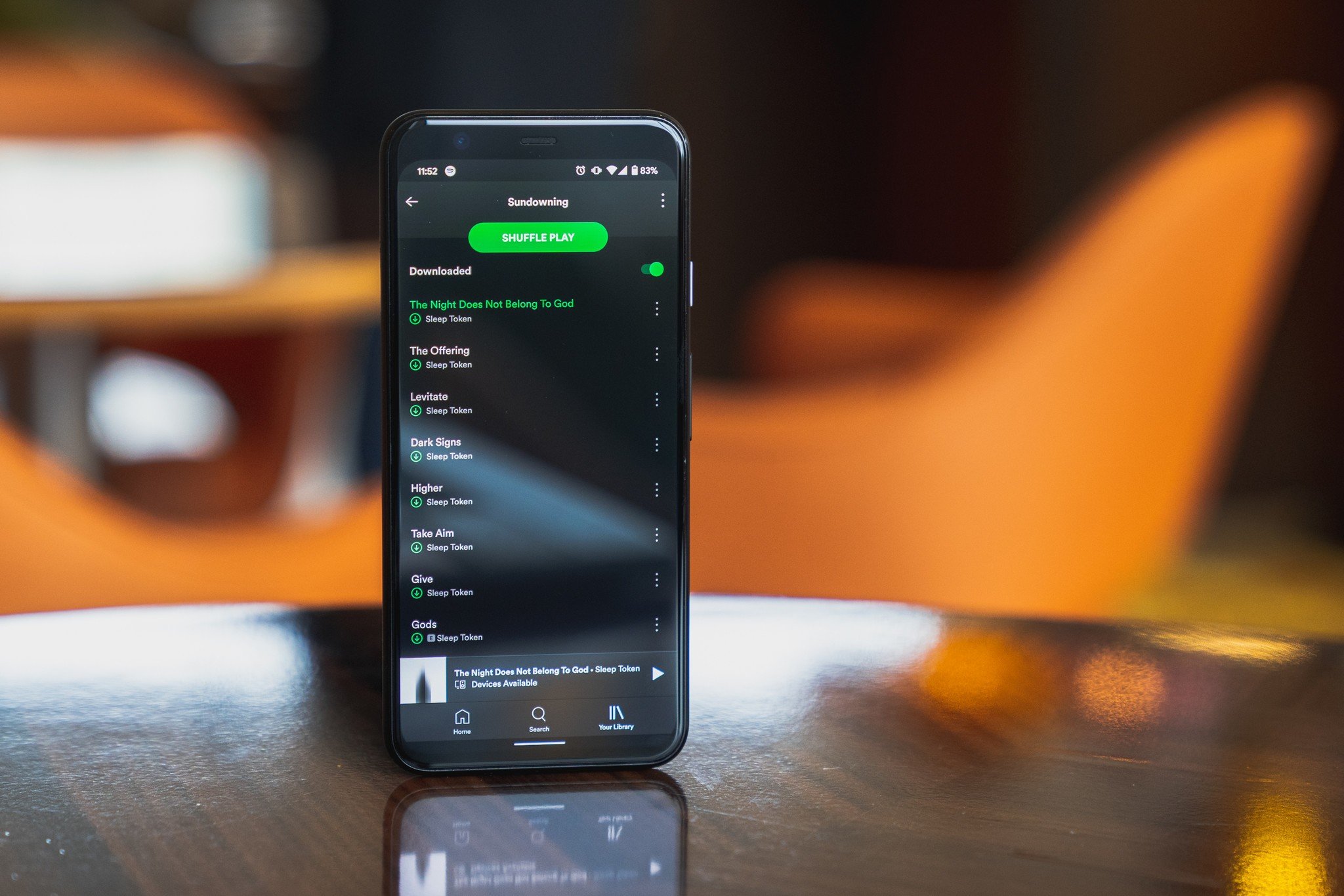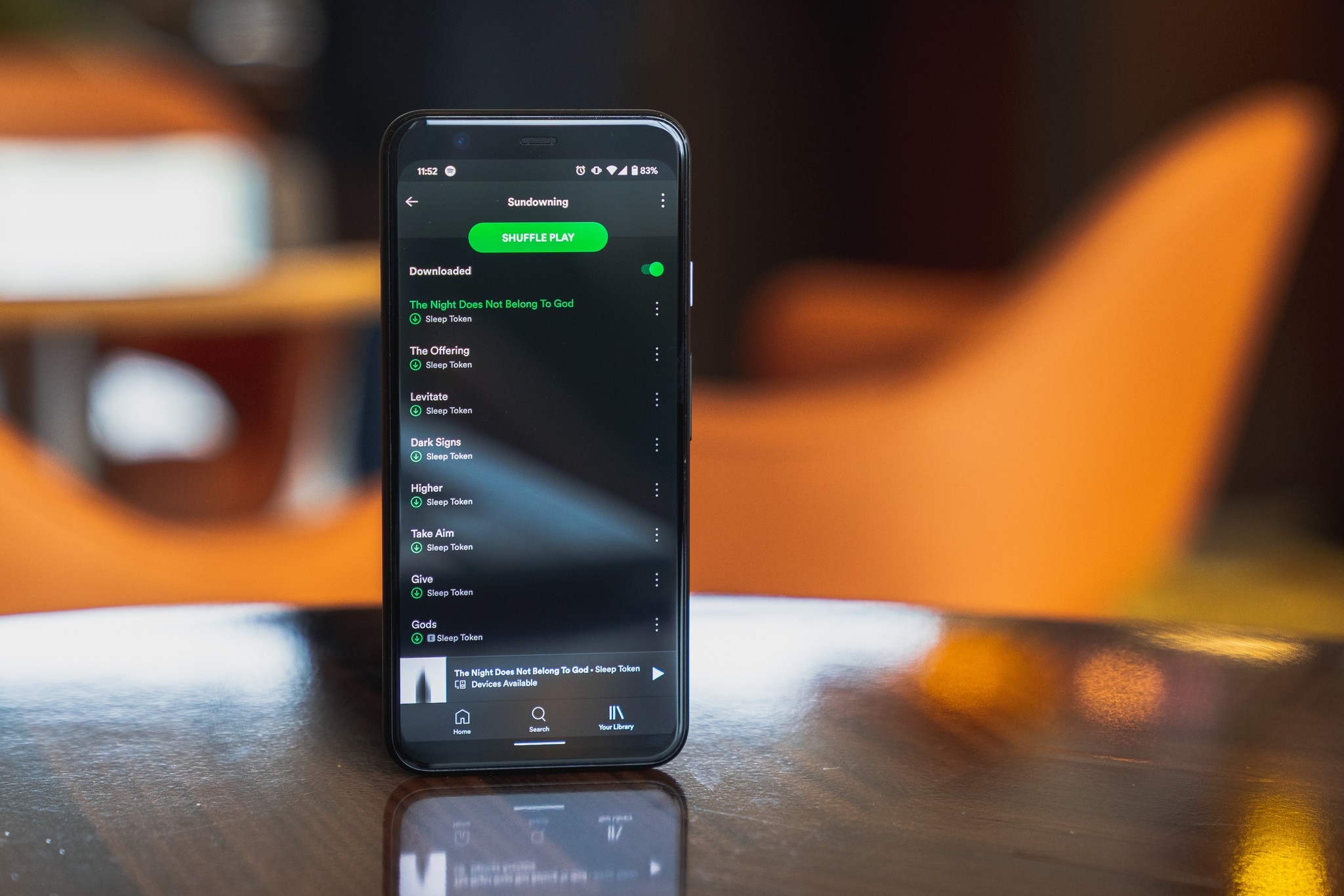Spotify says what we all know: 'Every day now looks like the weekend'
Spotify now has 286 million monthly active users!


What you need to know
- Spotify has today announced its Q1 2020 results.
- It says it now has 286 million monthly active users, and 130 million subscribers.
- It also says that every day now looks like the weekend thanks to COVID-19.
Spotify has today announced its Q1 2020 results, reporting 286 million monthly active users and 130 million subscribers.
In its release it stated
Despite the global uncertainty around COVID-19 in Q1, our business met or exceeded our forecast for all major metrics. For Q2 and the remainder of the year, our outlook for most of our key performance indicators has remained unchanged with the exception of revenue where a slowdown in advertising and significant changes in currency rates are having an impact. Our business remains very healthy with more than €1.8 billion in liquidity and we expect to be free cash flow positive for the year. Overall, despite some changes in listening patterns, we are encouraged with the trends we are seeing, and continue to be optimistic about the underlying growth fundamentals of the business.
Spotify now boasts 286M monthly active users and 130M subscribers, both increase of 31% on the previous year. Spotify also brought in around $2 billion in revenue for the quarter, beating analyst forecasts for both sales and EPS.
On its highlight graphic, Spotify noted that it now has over 1 million podcast titles on its platform and is transforming how artists and fans connect with features like Songwriter Pages, Canvas integration into Instagram and RADAR.
Of course, COVID-19 has had a big impact on the service, seeing a notable decline in hard-hit markets like Spain and Italy. Over the last few weeks, it says that consumption has started to make a recovery. Usage in Cars, wearables, and web platforms has dropped by double digits in some instances, but TV and Game Consoles have conversely grown. Spotify stated:
It's clear from our data that morning routines have changed significantly. Every day now looks like the weekend. This trend was seen more significantly in Podcasts than in Music, likely due to the fact that Car and Commute use cases have changed quite dramatically. However, listening time around activities like cooking, doing chores, family time, and relaxing at home have each been up double digits over the past few weeks. Audio has also taken on a greater role in managing the stress and anxiety many are feeling in today's unprecedented environment. Two in five consumers we surveyed in the US said they were listening to music to manage stress more than they typically do, which explains the recent rise we've seen in searches for "chill" and "instrumental". We've also seen an uptick in consumption of podcasts related to wellness and meditation over the last few weeks.
These are good results and clearly demonstrate that Spotify has a resilient business model. The insight into how all of our listening and content consumption activity has changed due to the global pandemic is also fascinating.
Get the Windows Central Newsletter
All the latest news, reviews, and guides for Windows and Xbox diehards.

